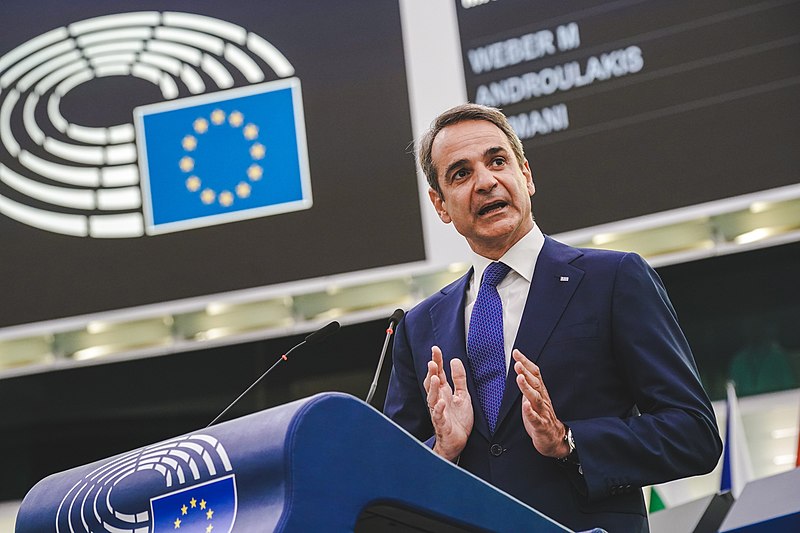
Greek Prime Minister Kyriakos Mitsotakis warned on Monday that the country faces a particularly dangerous summer for wildfires, with prolonged drought and unusually
strong winds creating tinderbox conditions.
Wildfires are a common occurrence in Greece, but scientists link the increasing frequency and intensity of these fires to climate change, which brings hotter, drier, and windier weather.
This past weekend, dozens of fires ignited across Greece, including two near the capital, Athens. On Monday, over 90 firefighters, supported by five aircraft and two helicopters, were battling a blaze on the island of Kos.
"This summer is expected to be particularly dangerous ... the most difficult times are still ahead of us," Mitsotakis told his cabinet.
"We experienced a very difficult June with high drought and unusually strong winds for the season," he said, commending firefighters for their efforts in containing the weekend fires.
Mitsotakis reported that less than 100,000 square meters (24.7 acres) of land had burned in the two recent fires, with damage minimized thanks to the prompt response of state emergency authorities and effective forest surveillance using drones.
In response to last year's devastating fires, which forced 19,000 people to evacuate the island of Rhodes and resulted in 20 deaths in northern Greece, the country has increased its preparations by hiring more staff and enhancing training.
According to Civil Protection Minister Vassilis Kikilias, Greece has already been employing technology, including drones and data transmitters, to detect fires early. The government now plans to expand its fleet of unmanned aircraft to 35 systems and increase the number of trained drone operators from 104 to 139.
"Our arsenal might be stronger, but nothing - and that is seen in practice - beats being prepared, and for the public to also be involved in this collective defense against natural hazards," Mitsotakis emphasized. Photo by European Parliament, Wikimedia commons.



































